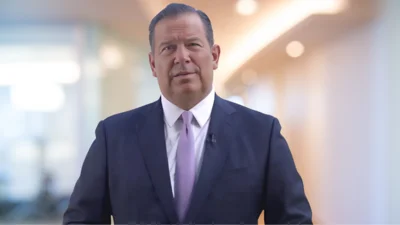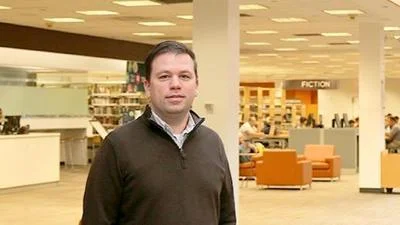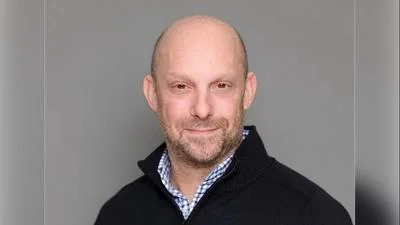Illinois state Rep. Tom Morrison (R-Palatine) | Facebook
Illinois state Rep. Tom Morrison (R-Palatine) | Facebook
Rep. Tom Morrison (R-Palatine) claimed that Gov. J.B. Pritzker's $41.6 billion budget proposal shows he has little support for small businesses.
"... His actions throughout this past year and the reality of his proposal [on Feb. 17] speak otherwise," Morrison told the North Cook News. "This pandemic has crippled Illinois businesses and economically vulnerable residents, launching unemployment records to new levels. To turn around our economy, stimulate growth, and create jobs, we cannot ignore the vital role the business community plays in that path forward."
Morrison's comments came after Pritzker shared his budget plans in a pre-recorded speech from the Illinois State Fairgrounds on Feb. 17.
While the governor's plan didn't add new taxes, Morrison said the proposal targets the business community.
The spending plan recommends cuts of nearly $1 billion in business tax breaks as a way of balancing state spending in the face of the lingering pandemic, Morrison said.
The governor's budget proposal for FY 2022 included approximately $2 billion less in spending than2021. The offset in spending comes from cuts to appropriations, a hiring freeze, flat operational spending, full required pension payments, and corporate tax loopholes' closure.
With Illinois Policy Institute reporting a $3.9 billion budget deficit this year, a $4.8 billion gap for the next fiscal year and a $4.7 billion hole for the fiscal year 2023, Pritzker blamed many of the state's revenue shortcomings on Republicans who rejected his failed progressive tax.
Morrison viewed the governor's comments as a lost opportunity.
"The governor should've used this speech to level with the people of Illinois about these unsustainable statewide pension systems that will demand around $10 billion this year — nearly a quarter of the state's overall budget," he said. "It is increasingly difficult to adequately fund human services, education, transportation, and public safety funding needs when we fail to address this growing problem."





 Alerts Sign-up
Alerts Sign-up